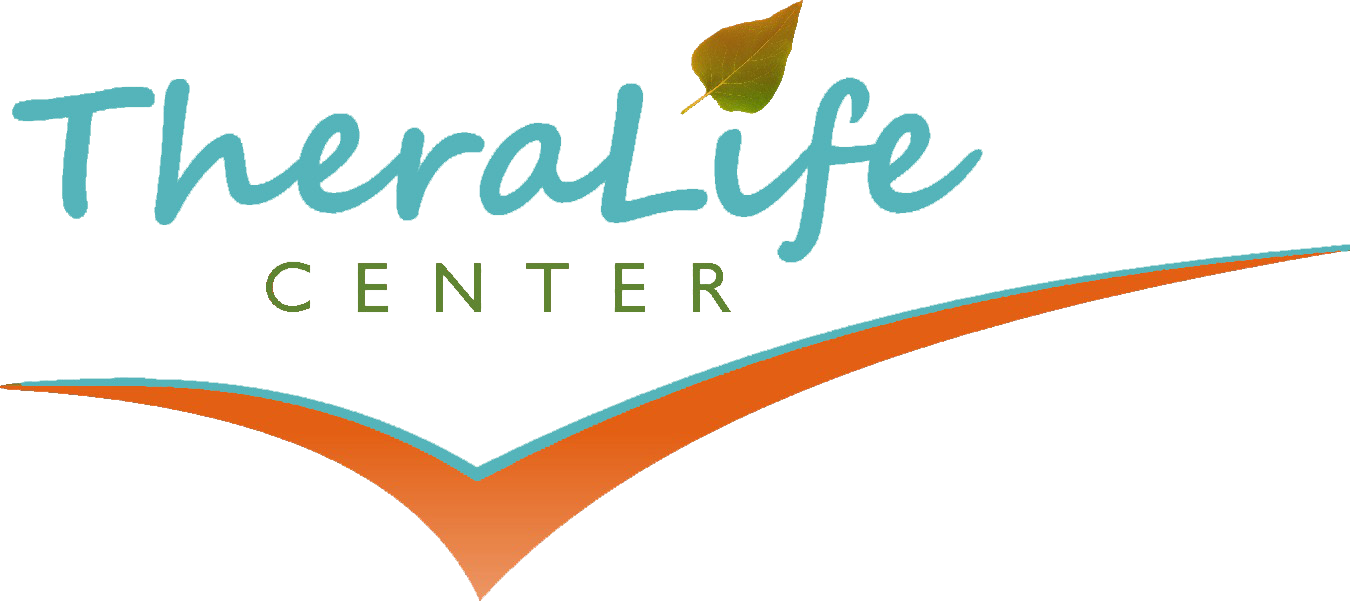* An imaging study by neuroscientists in Canada found that patients who recovered from depression with Cognitive Behavioural Therapy (CBT) show a pattern of brain changes that is distinct from patients who recover with drug therapy. It’s an important finding because it shows — for the first time with definitive imaging evidence — that the depressed brain responds ‘differently’ to different treatments. According to senior author Helen Mayberg MD, “our imaging study shows that you can correct the depression network along a variety of pathways. . . . Anti-depressant drugs change the chemical balance in the brain through effects at very specific target sites. CBT [Cognitive Behavioural Therapy] also changes brain activity; it’s just tapping into a different component of the same depression circuit board.” Barclay, L. (2004). Brain PET shows different effects of depression treatment. Medscape Medical News.
Treatment Process
The best treatment will be discussed with the counsellor during your first session.
There are different choices and you are welcome to research these choices and come prepared to have a conversation with your counsellor. The counsellor will also have some suggestions after gathering details about your personal story and life experiences with current challenges. Some of the common treatment choices for depression include CBT, Narrative Therapy, Solution-focused Therapy, etc.
